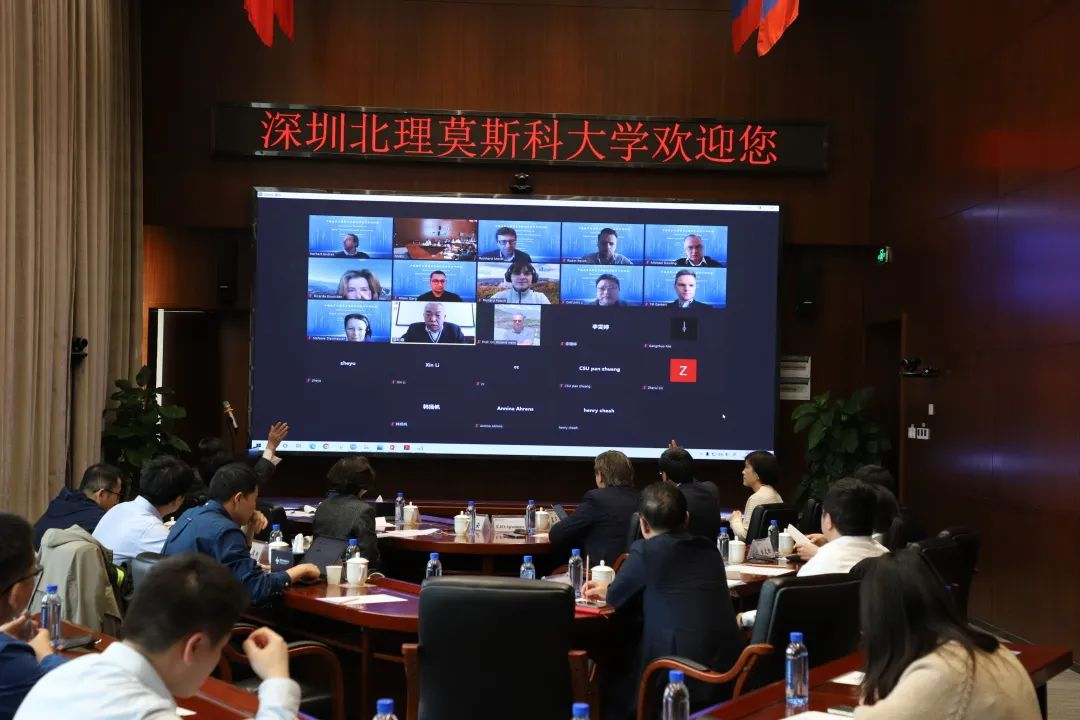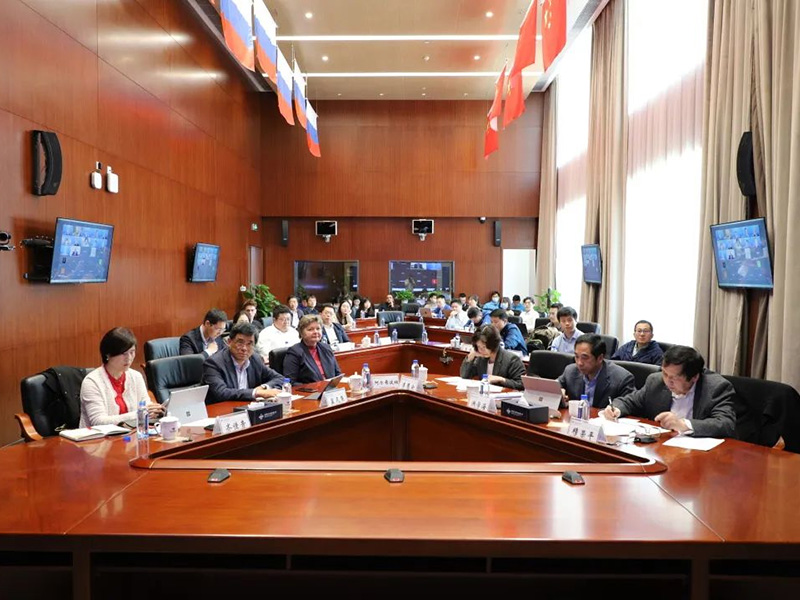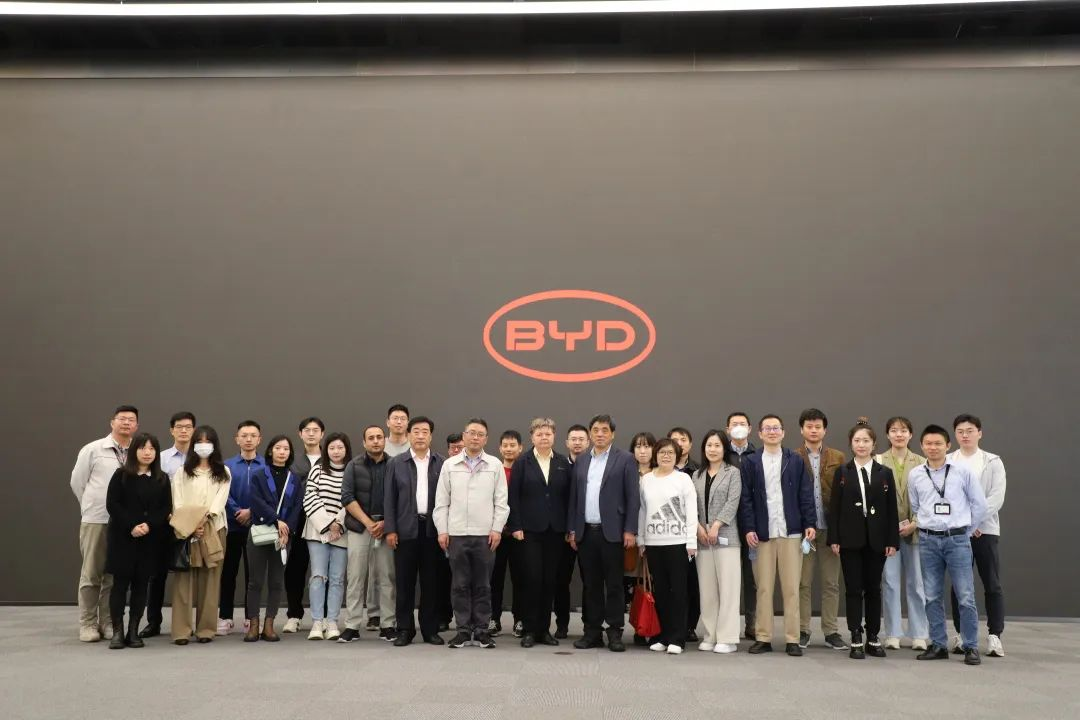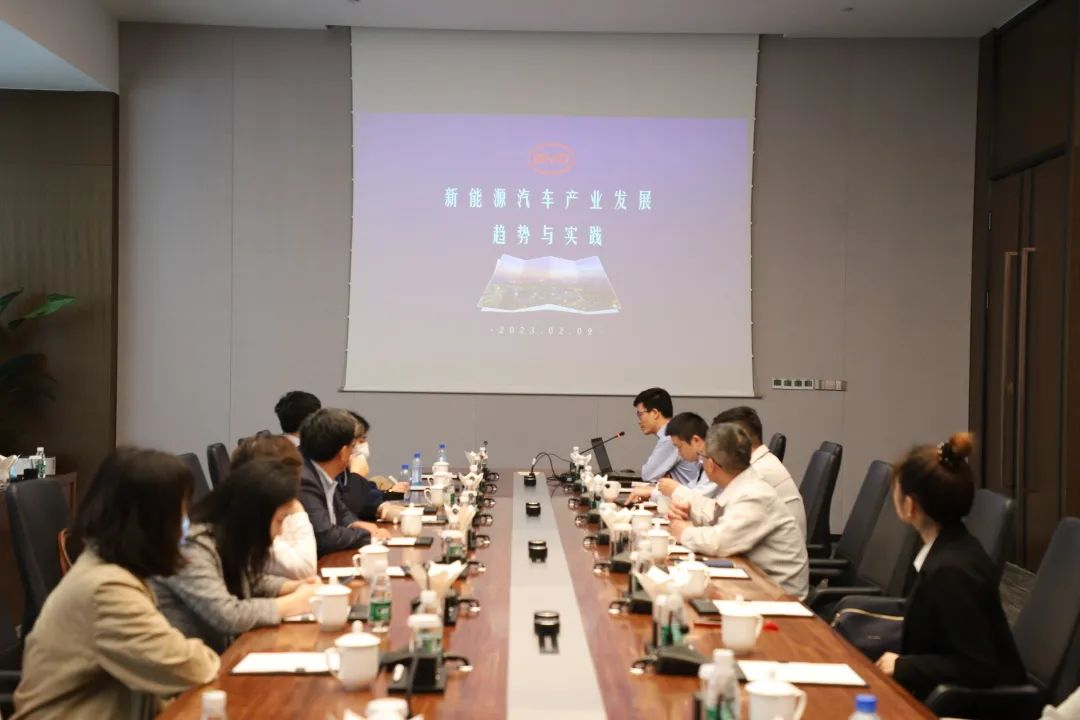The development of technologies such as artificial intelligence, blockchain, cloud computing, and big data has driven the advancement of digitalization and the digital economy. While these technologies are transforming business models and interpersonal communication, enhancing productivity and innovation, they also pose new challenges. Addressing these emerging issues and better promoting sustainable economic and social development has become a widespread concern both domestically and internationally. To this end, the Economics Department of Shenzhen MSU-BIT University, in collaboration with the Innovation and Development Research Center of the Chinese Academy of Sciences, Tsinghua University, the University of the Chinese Academy of Sciences, Beijing University of Posts and Telecommunications, Shanghai University of Foreign Trade, Shanghai University, Central South University, Hong Kong City University, and universities in Germany such as the University of Bayreuth, the University of Regensburg, Munich University, and Newcastle University in the UK, has formed a team of experts to conduct joint research on digital transformation and the aging society.

From February 7th to 9th, the Economics Department of Shenzhen MSU-BIT University, together with the Innovation and Development Research Center of the Chinese Academy of Sciences, the University of Bayreuth, and the University of Regensburg, co-hosted the "Sino-German Academic Symposium on Digital Transformation and Aging Society" at our university. Over 40 professors, doctoral students, and researchers from Sino-German cooperation units, as well as all faculty members of the Economics Department, participated in the symposium both online and offline to exchange research findings on digitalization and aging.

Professor Mu Rongping, Director of the Innovation and Development Research Center of the Chinese Academy of Sciences; Professor Michael from the University of Bayreuth; and all conference representatives attended the opening ceremony. Professor Li Hezhang, President of Shenzhen MSU-BIT University, delivered the welcome speech, warmly welcoming the international experts. He acknowledged that aging is a significant global challenge and has had widespread impacts on China’s healthcare system, social security system, and family life. He hoped that the experts and scholars would conduct in-depth research on this issue and leverage digital technologies to address the challenges brought by an aging society. Professor Meng Fanchen, Chinese Director of the Economics Department, chaired the opening ceremony, which was also attended by Professor Arkhipova, Russian Director of the Economics Department, and Mr. Jian Zhonghua, Director of the Research Department.
During the subsequent symposium, experts and scholars presented their latest research on topics including enterprise strategies and structures in digital transformation, digital technologies and aging society, fintech, artificial intelligence and entrepreneurial enterprises, digital transformation and corporate management teams, utility neural networks, digitalization of SMEs, autonomous driving commercial ecosystems, cross-organizational innovation networks, smart elderly care, AI and social services, digital marketing for aging societies, digital empowerment and elderly care models, digital collaboration platforms, and ESG and sustainable development. The discussions were in-depth and broad-ranging.


After the symposium, participants, along with faculty and students from the Economics Department, visited the BYD Electric Vehicle Research Institute. They investigated the development of BYD's new energy vehicles and engaged in discussions with BYD engineering and technical personnel on issues related to digital empowerment and smart manufacturing, further refining the outcomes of the conference discussions from a practical perspective.




